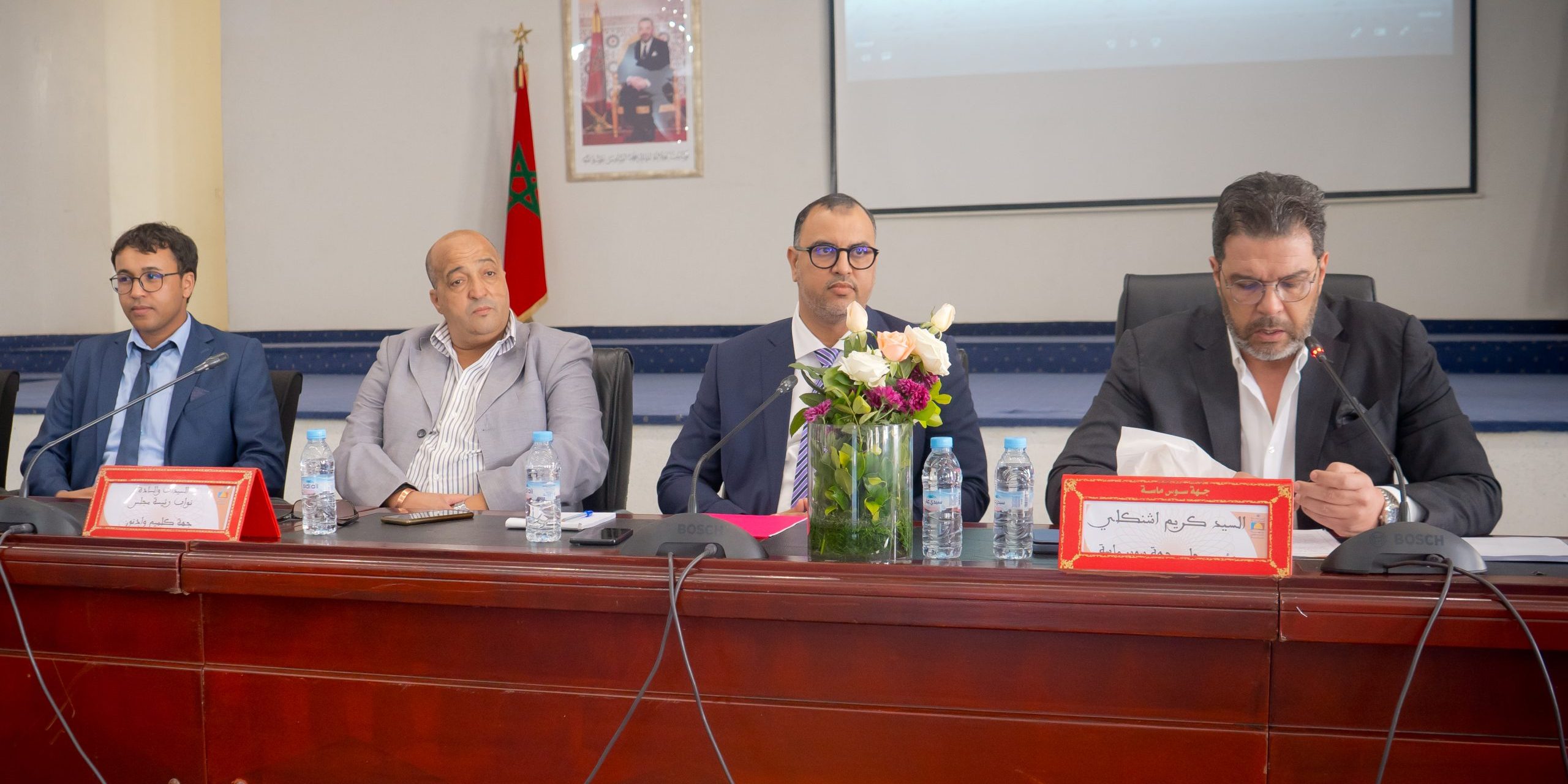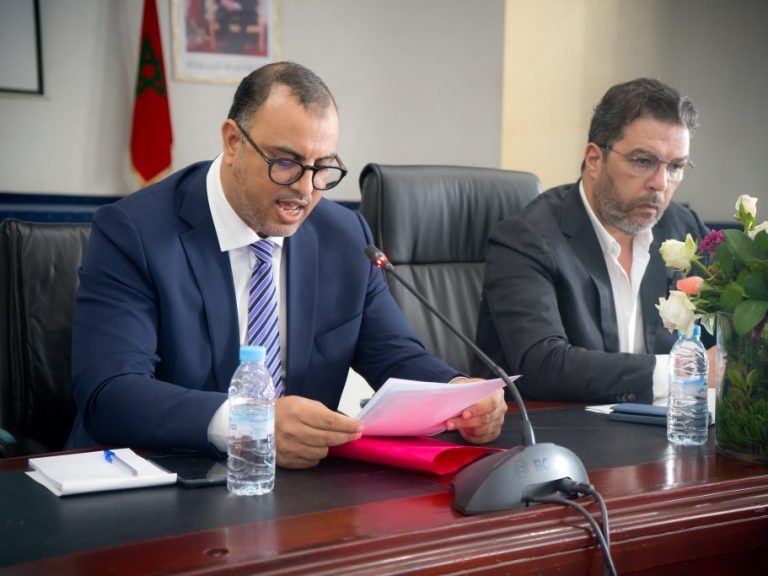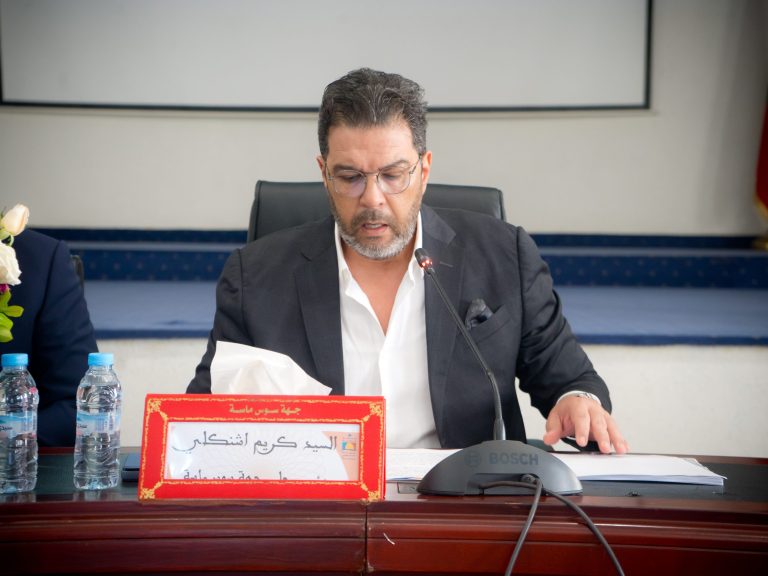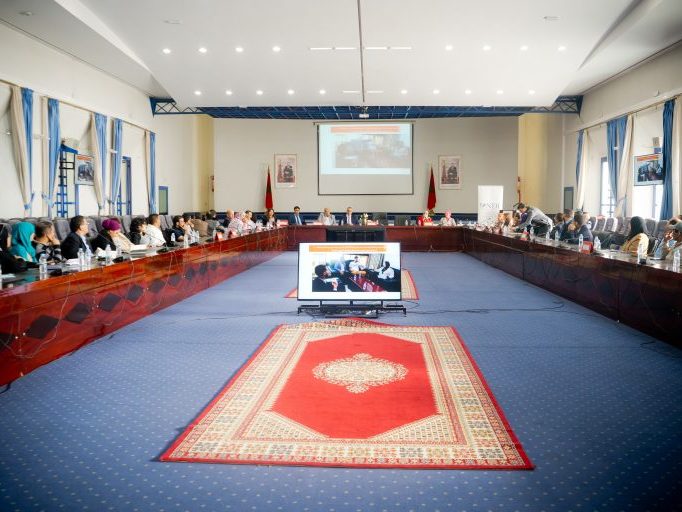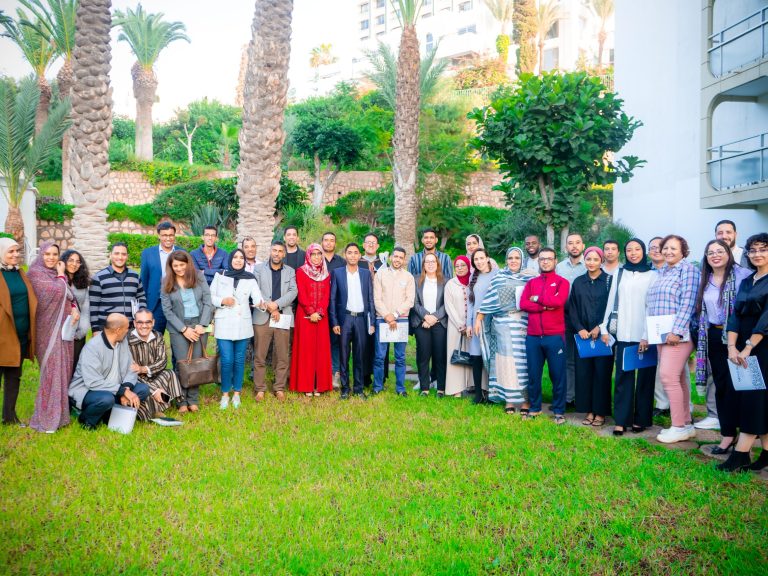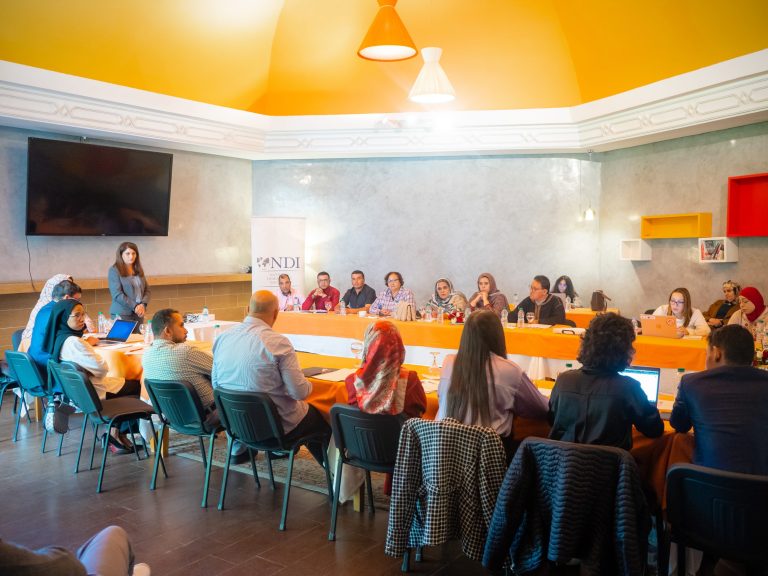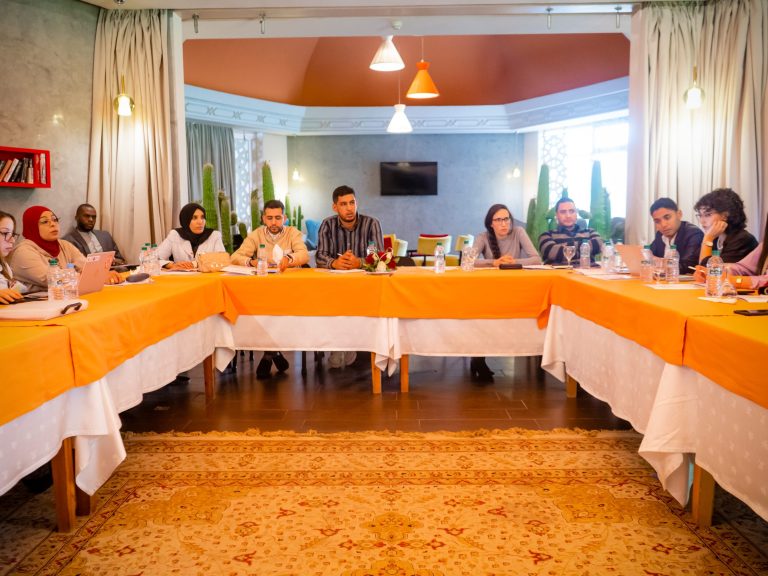Exchange of Experiences between the Consultative Bodies of Souss-Massa and Guelmim-Oued Noun: Towards a Strengthened Participatory Democracy
The organization of a meeting aimed at exchanging experiences between the consultative bodies of the Souss-Massa and Guelmim-Oued Noun regions. The meeting, which began in Agadir on Thursday, November 23, 2023, focused on the theme “For Effective Consultative Bodies Supporting the Consolidation of Participatory Democracy.”
At the beginning of the meeting, participants listened to three presentations on the experiences of the consultative bodies from the Souss-Massa region, particularly regarding consultative bodies for youth and the future, equal opportunities and gender approach, as well as economic issues.
Karim Achengli, president of the Souss-Massa Regional Council, emphasized in his speech the importance of this meeting within the framework of the open policy adopted by the region and praised the significant role played by the consultative bodies in developing the regional development program.
For his part, Abou Seif Al-Nahi, vice president of the Guelmim-Oued Noun Regional Council, stated that this meeting was an opportunity to exchange successful experiences between the consultative bodies of the two councils and a start to establishing mechanisms for cooperation between the two regions, given their geographical proximity.
The second day of the forum was dedicated to studying the structure and organization of the work of the consultative bodies and the methods of coordination among their members. This specifically involved the internal regulations to ensure sustainability and organization of work, as well as the methodology for preparing the annual work program.
Participants also focused on developing strategies for thematic groups and working groups, strengthening the capacities of the members of the consultative bodies, and the principles and charter of collective work.
In terms of communication, best practices for internal and external communication were examined, along with the methodology for communicating with the Regional Council and the regional administration, and openness to the external environment.
Regarding the follow-up on the implementation of the regional development program, participants discussed the mechanisms for monitoring the activities of the Regional Council and the permanent committees, as well as the responsibilities and roles assigned to these consultative bodies, particularly concerning advice on the regional development program and issues related to their area of work.
In addition to drafting reports, recommendations, conclusions, an evaluation of the work of the body, activity reports, and parallel activities, there was also a focus on researching and identifying the needs and priorities of target groups.
The forum concluded with the presentation of several success stories and the development of recommendations by the participants.
